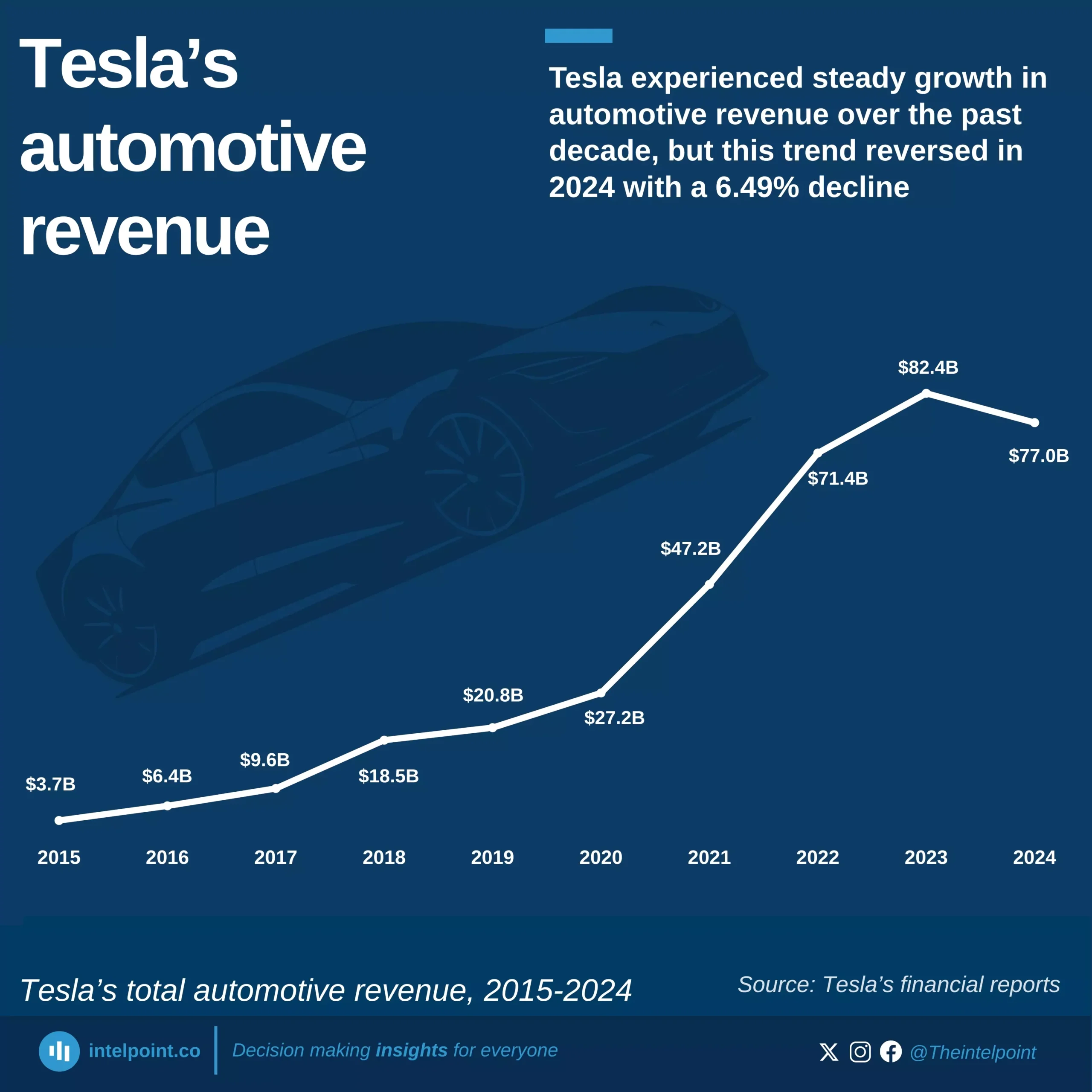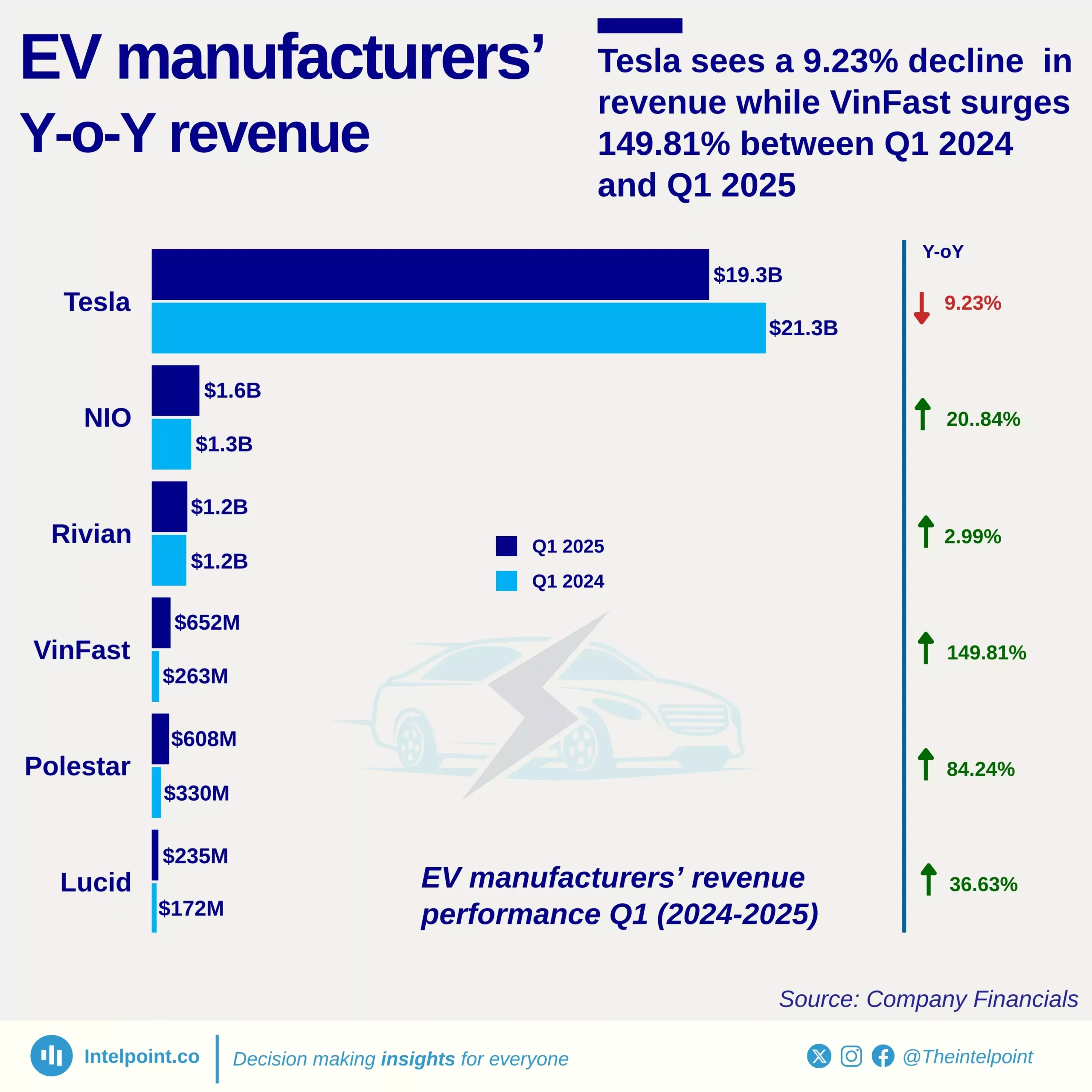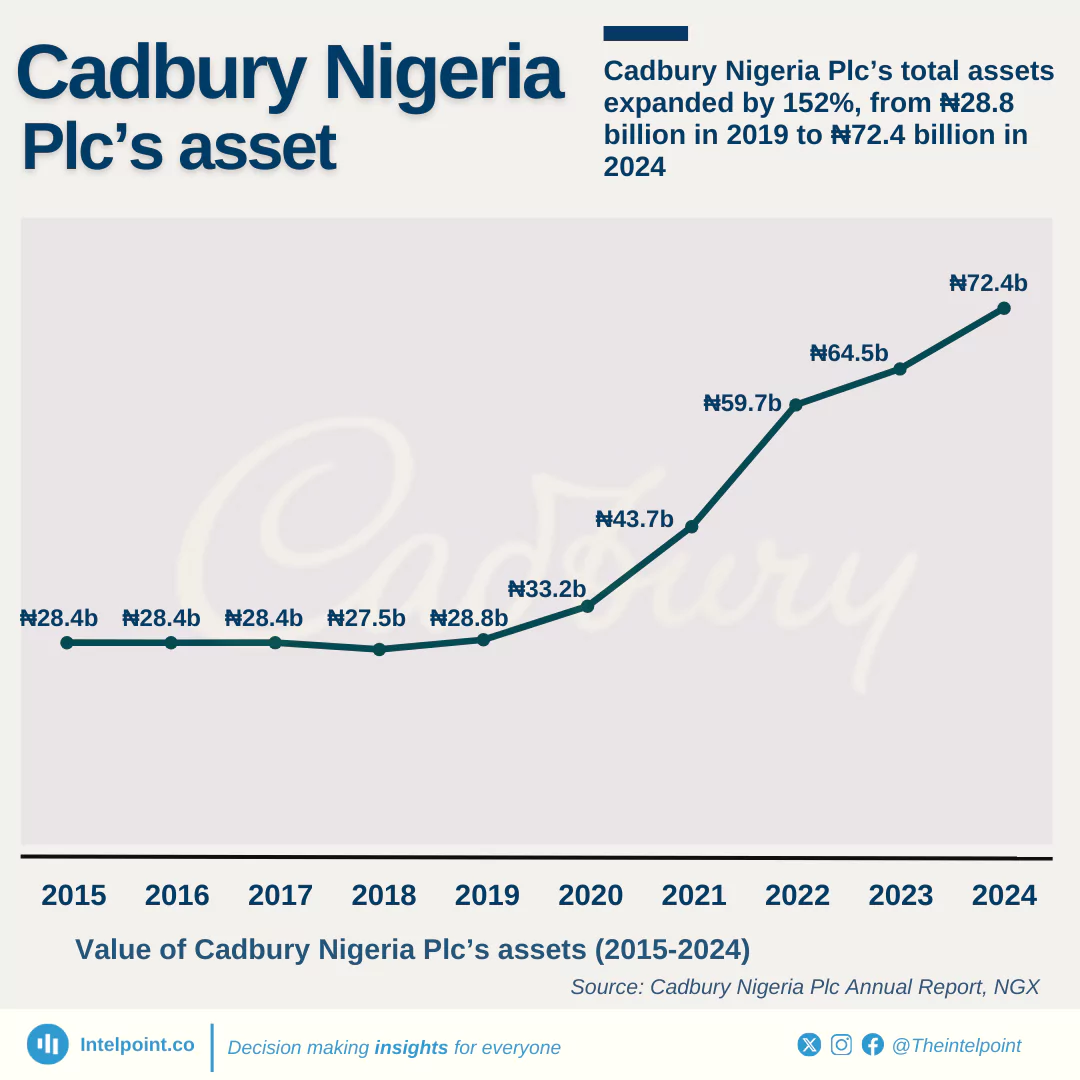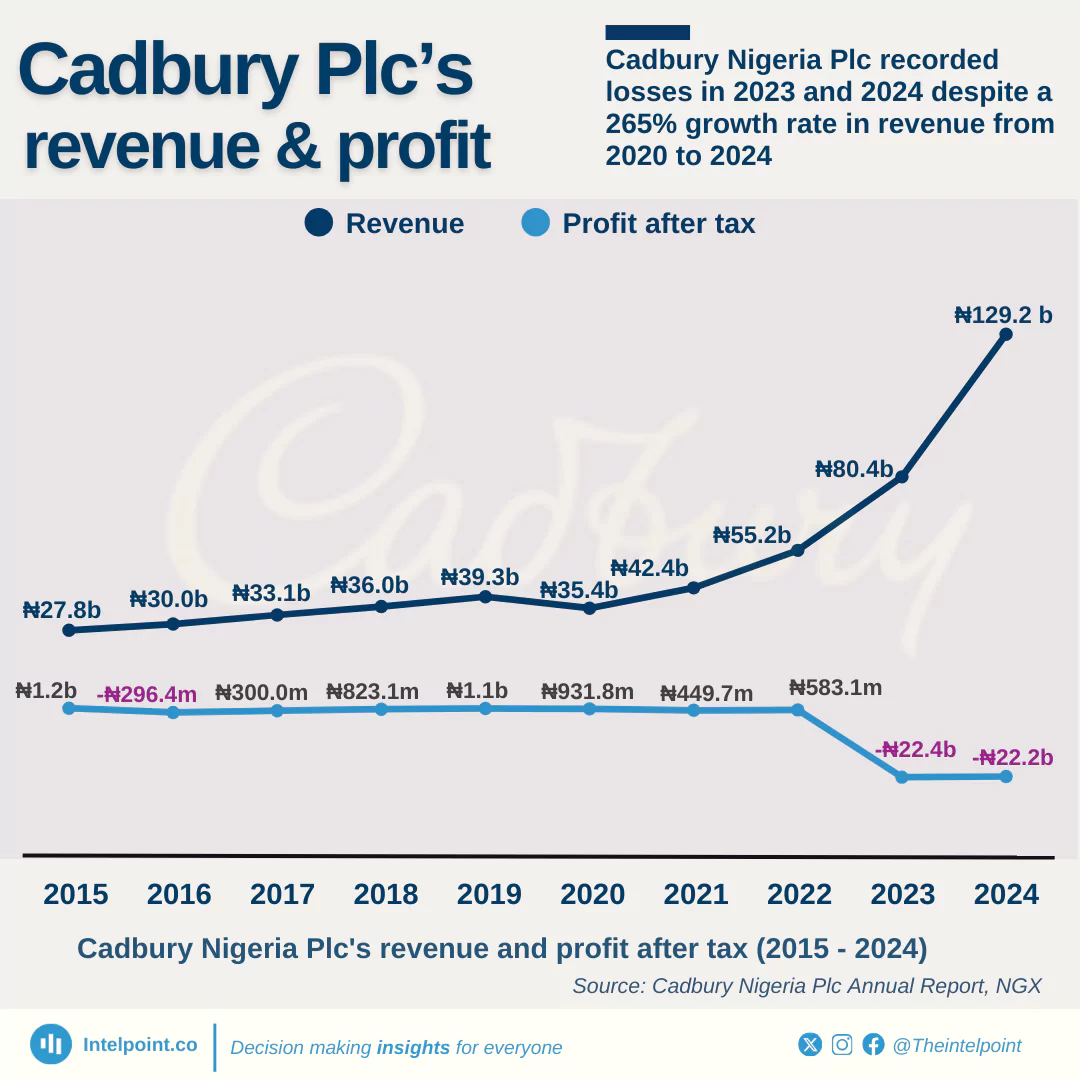After decades of uneven progress, Nigeria’s manufacturing sector—responsible for transforming raw materials into goods like food products, textiles, cement, and chemicals—has suffered a major setback. In 2024, its value added dropped to $25.4 billion, down sharply from a record $64.9 billion just two years earlier. This decline reflects deep structural challenges, including unreliable power supply, exchange rate volatility, high input costs, and weak industrial linkages. Historically, growth in the sector has aligned with stable democratic governance and consistent policy reforms. To revive momentum, Nigeria must prioritise macroeconomic stability, electricity reliability, reduced import dependence, and stronger support for local production. Without urgent action, the sector may remain a missed opportunity for inclusive, long-term economic growth.





